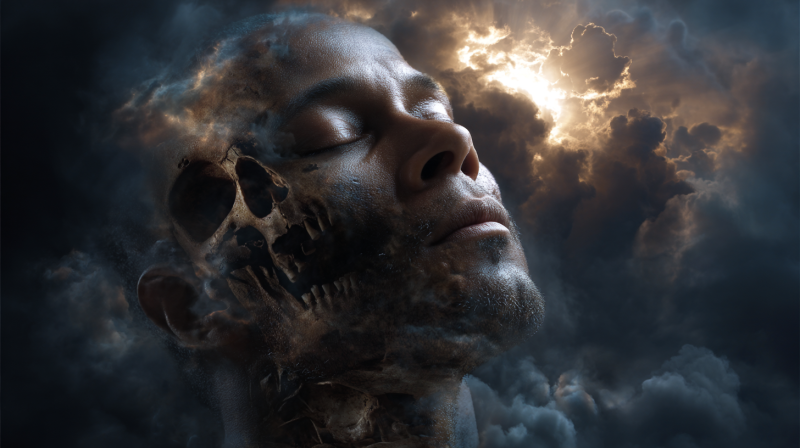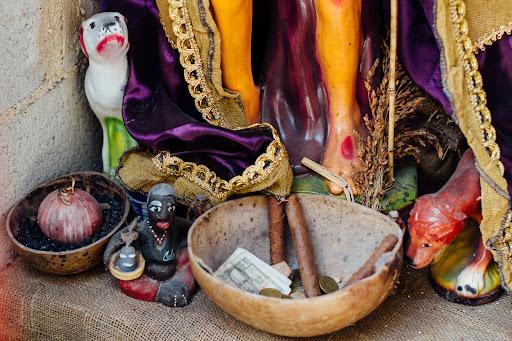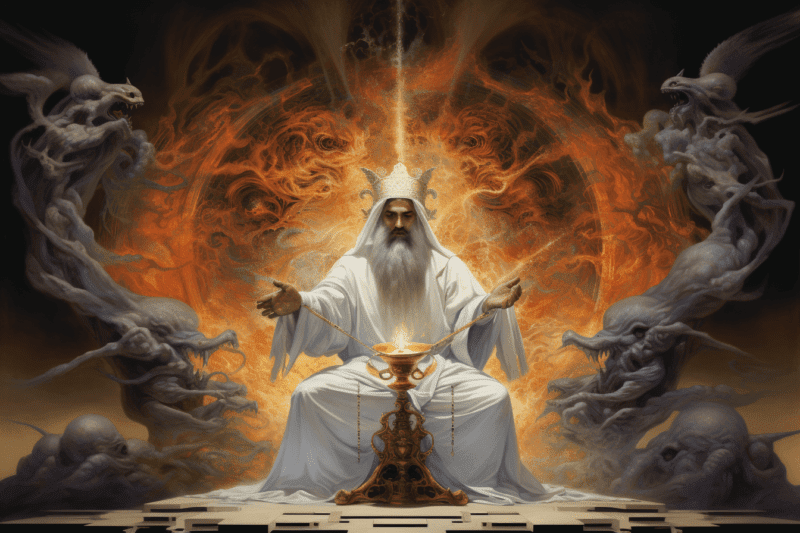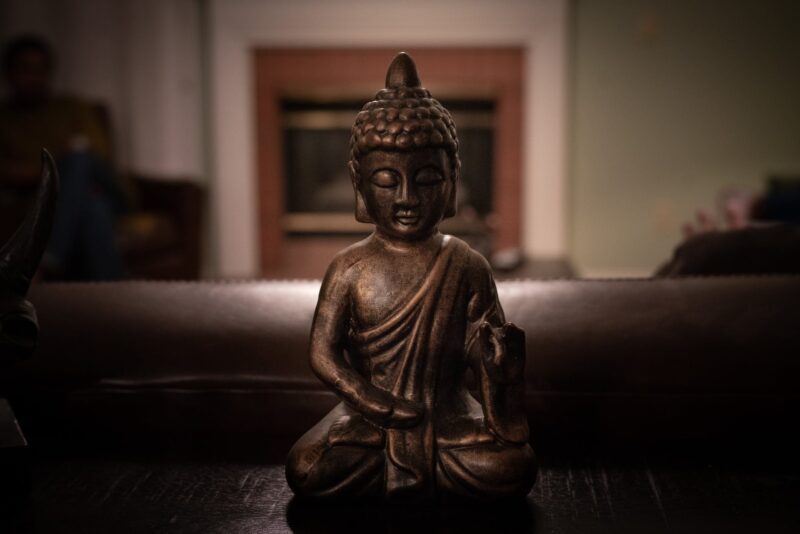Hinduism is one of the world’s oldest religions, with a rich history and a vast number of followers. It is believed that Hinduism originated in the Indus Valley Civilization around 4000 BCE. Today, Hinduism is the third-largest religion in the world, with more than one billion followers worldwide. In this article, we will explore the origins, beliefs, practices, and major deities of Hinduism.
Origins of Hinduism
The exact origins of Hinduism are unclear, but it is believed to have originated in the Indus Valley Civilization in present-day India and Pakistan around 4000 BCE. The earliest written texts of Hinduism, the Vedas, date back to around 1500 BCE. These texts contain hymns, prayers, and rituals that were used in religious ceremonies. Over time, Hinduism evolved into a complex religion with a vast pantheon of gods and goddesses, intricate rituals, and philosophical ideas.
Beliefs of Hinduism
Hinduism is a complex and diverse religion, with a wide range of beliefs and practices. However, the majority of Hindus share a few fundamental beliefs. One of the central beliefs of Hinduism is the concept of karma, which refers to the idea that every action has consequences, both in this life and in the next. Hindus believe that the ultimate goal of life is to achieve moksha, or liberation from the cycle of birth, death, and rebirth.
Another important belief in Hinduism is the concept of dharma, which refers to one’s duty or responsibility in life. Dharma is often associated with one’s caste or social status, and Hindus believe that fulfilling one’s dharma is essential for a happy and fulfilling life.
Hinduism also emphasizes the importance of devotion and worship, and there are many different ways that Hindus can express their devotion to the gods and goddesses. Some Hindus visit temples and perform elaborate rituals, while others prefer to meditate or practice yoga.
Major Deities in Hinduism
Hinduism has a vast pantheon of gods and goddesses, with each deity representing a different aspect of the universe. Here are some of the most important deities in Hinduism:
- Brahma – the creator of the universe
- Vishnu – the preserver of the universe
- Shiva – the destroyer of the universe
- Ganesha – the god of wisdom and new beginnings
- Hanuman – the monkey god who symbolizes devotion and strength
- Durga – the goddess of power and protection
- Saraswati – the goddess of knowledge and wisdom
Practices in Hinduism
Hinduism has a rich and diverse set of practices, rituals, and traditions. Some of the most important practices in Hinduism include:
- Puja – the act of worshiping the gods and goddesses
- Yoga: a practice that involves physical postures, breathing exercises, and meditation
- Holi: a festival that celebrates the victory of good over evil
- Diwali: a festival that celebrates the triumph of light over darkness
- Kumbh Mela: a massive gathering of Hindu pilgrims that takes place every 12 years
- Caste System: a social structure that divides Hindus into different castes or social classes
In conclusion, Hinduism is a rich and complex religion with a long history and a vast number of followers. Its beliefs and practices are diverse and varied, with a strong emphasis on karma, dharma, devotion, and worship. While Hinduism has faced many challenges over the centuries, it remains a vibrant and important part of the world’s religious and cultural heritage.





